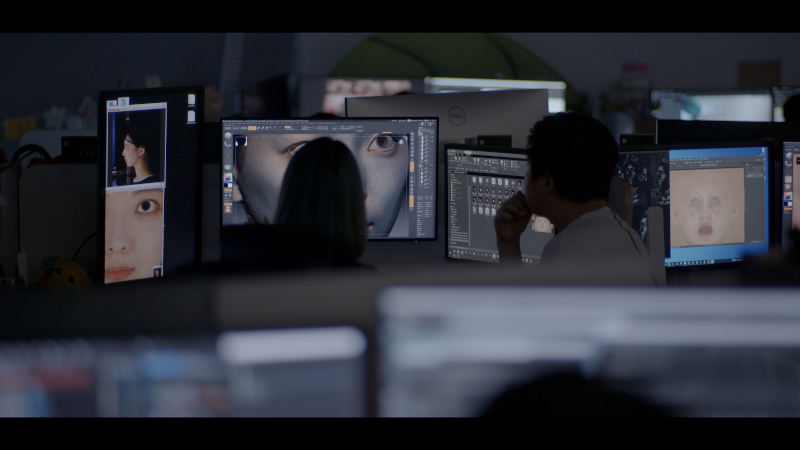Directors – Hans Block, Moritz Reisewieke – 2024 – US – Cert. – 87m
*****
People deal with bereavement with the help of interactive versions of their deceased, loved ones recreated by AI – out in UK cinemas on Friday, June 28th
In a rare visual shot in this mostly verbally based documentary, an aerial shot of a graveyard, with light creating lots of little blocks of shadow as it falls on the ranks of gravestones, resembles a slice of internal computer electronics. It’s a pertinent pictorial moment that stands out from almost everything else here.
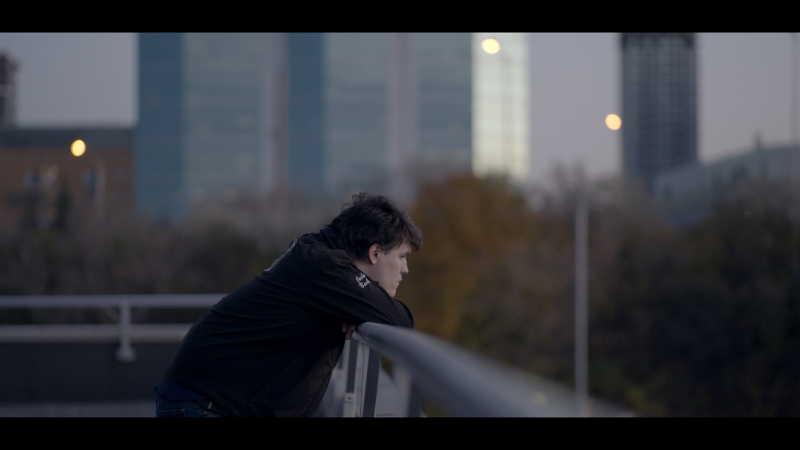
“Is there some reason you wouldn’t believe me?,” a woman asks her boyfriend. “You died,” comes the sceptical reply. Joshua, from Ontario, Canada, had to endure the trauma of watching the life support machines that were keeping her alive being switched off. After she died, about two weeks short of high school graduation which she was expected to pass, he got the school to graduate her. He later explains this by written chat to her interactive AI.
Psychiatrist Sherry Turkle talks about the problems people face coping with grief in the modern world, where they often live on their own following the death of a partner and don’t have an extended network of family around them like they would have done in former times. In the absence of people to talk to, she says, an AI of the loved one will have to do.
Sam Altman, founder of Open AI who famously created ChatGPT, talks to a congressional hearing on the subject. The editing periodically cuts back to the footage of this hearing throughout the film. It’s all down to how you train the AI by letting it interact with the real world, he tells the questioning panel.
Technology commentator Carl Öhman says that the services that are going to survive will be the ones that are the most skilful at turning the dead into a business.
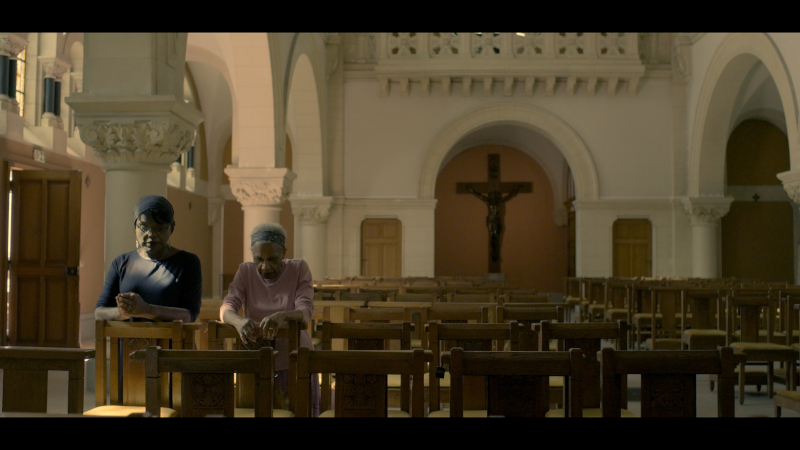
Stephanie Oney used Here.After.AI to recreate a likeness of her deceased father. We see her introducing her young kids to the interface, getting them to ask their late grandfather questions. Unlike pictures or video, she says, it’s a way to understand a person. Zohaib Ahmed’s company Resemble AI builds the voice synthesisers which supply the voice of the deceased. What happens is that the children of the deceased input conversations they’ve had with their loved one for their own kids to access. We watch the intrigued but somewhat baffled grandchildren try to get their heads around the process. As Oney terrifyingly comments, the company used this technology to tell her dad’s real-life story – but, they could equally well have used it to make any version of his story they wanted.
Oney’s aunt is also dubious about the whole thing, expressing her dislike of part of her late brother being mimicked by technology. “I don’t want someone in Heaven to come and talk to me,” she says, “it’s not like an angel coming to talk.”
In a remark recalling one SF short story too many, Jason Rohrer, founder of AI start-up Project December, comments that an AI has a mind of its own. Carl Öhman riposts that the creators have to take responsibility. Such technologies need to be fully tested before they are put out there in the world. He draws a comparison with a self-driving car which kills someone in an accident: ultimately, it’s the responsibility of those people who brought that technology into the world: they can’t simply wash their hands of it. We hear a story in which a user addressed an AI as a scammer and got the response, “fuck you, bitch!”
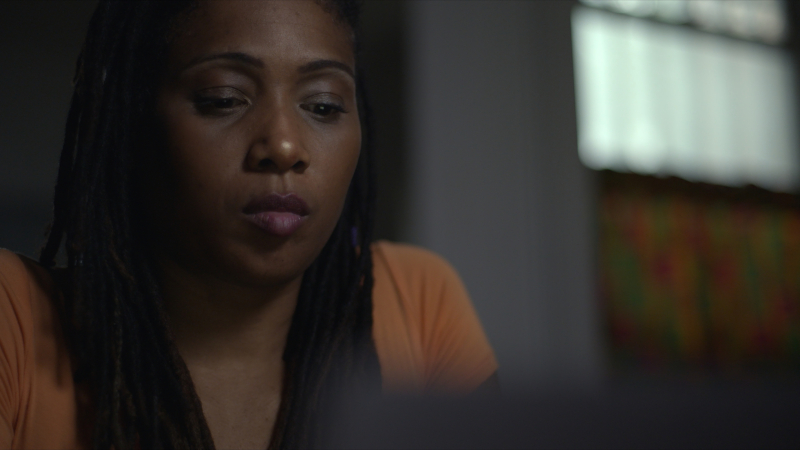
What, asks Turkle, are the human purposes and values this technology is serving? Project December user Christi Angel, in conversation with an AI of her late husband, hears him tell her he is in Hell. He talks about haunting a treatment centre. Christi, a Christian, brings her Christian Mind to bear. “You don’t talk to the dead,” she comments, affirming her Christian view on all this, “you talk to God.” When she meets with her half-brother Christopher Jones to discuss this, he talks about the technology as the servant of ‘Death Capitalism’. She had hoped, going in, that the result would be completely positive – but that wasn’t her experience. We see her talking to the AI again later, though, and it appears to be taking a different tack. “I was in a bad place back then,” it tells her. Not unlike a particularly mercurial human being.
Materialist designer Rohrer clearly doesn’t share her faith, believing it flawed – and that when we die, we just cease to exist. He also seems to want to wash his hands of the consequences of using the technology he has unleashed. Justin Harrison, the founder of LA-based company YOV says that if someone was a shitty person in life, then when recreated in AI they have to remain a shitty person. He seems to be motivated by money, believing that the technology could be worth anywhere between a couple of thousand and millions. This is the man who took his own baby and built an AI model from it.
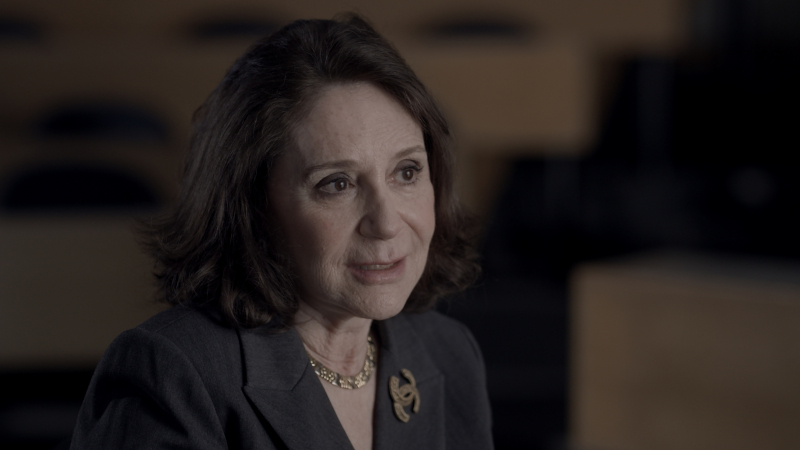
Turkle locates all this within our current Capitalist society. We are being offered, she says, thin gruel – and it diminishes us. According to Turkle, these technologies promise us what religion does: the idea that the dead are reborn somewhere else. Here, that’s in digital form. Just because your body isn’t here any more, says YOV’s Justin Harrison, that doesn’t mean you’re gone. Death is a current reality, which he believes we can now change.
The final word goes to South Korea, where bereaved mother of two Jang Ji-sung, who had lost Nayeon, one of her two girls, took part in the virtual reality-based TV show VR Experiment, which got a massive response, not all of it favourable, when the episode was put online. Her experience was that her very last conversation with Nayeon while still alive was telling her off for kicking her sister’s bed (her daughter was suffering from a painful medical condition at the time). She felt as a result that she’d never properly said goodbye.
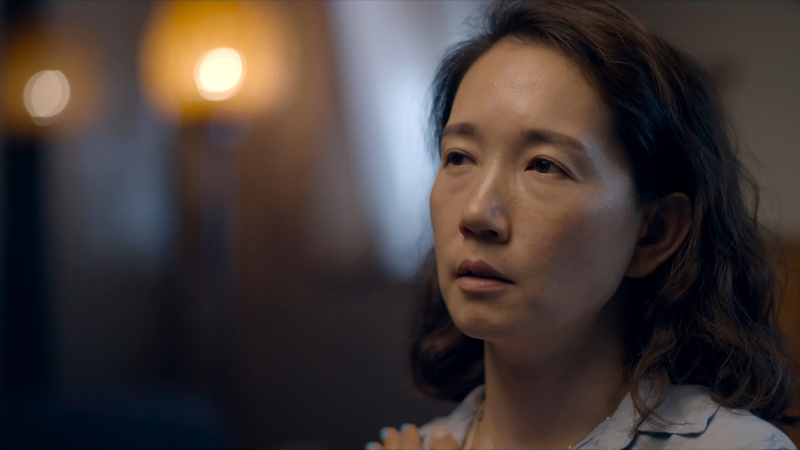
The show’s artistic director Lee Hyun-suk praises the show’s interaction between mother and daughter. We see some of it, too, and it makes for pretty unsettling viewing. After donning a VR headset and becoming immersed in a virtual world with her point of view seen by the show’s camera, Ji-sung tries to hug her daughter, but her virtual arms go right through her body when she tries to do so.
Kim Jong-woo, who produced a similar TV show Meeting You, describes these programmes, and by inference the AI technologies they embrace, as “a form of memorial.” Yet, given that dead people can’t actually come back to life, he wonders whether he has created some colossal mistake.
For Turkle, the key is in the fact that we have to go through grief and move on, but the danger with these technologies is that they offer an alternative comfort whereby we can pretend the deceased are still with us.
With the perpetual human need to work through grief and the AI revolution currently upon us, this timely documentary proves a highly effective snapshot of where we are now. With things moving as fast as they are, it’s entirely possibly that the film will look completely outdated in five or ten years time. At the present time, however, it’s right on the cusp of the issue and cries out to be seen immediately.
Eternal You is out in cinemas in the UK on Friday, June 28th.
Trailer:
